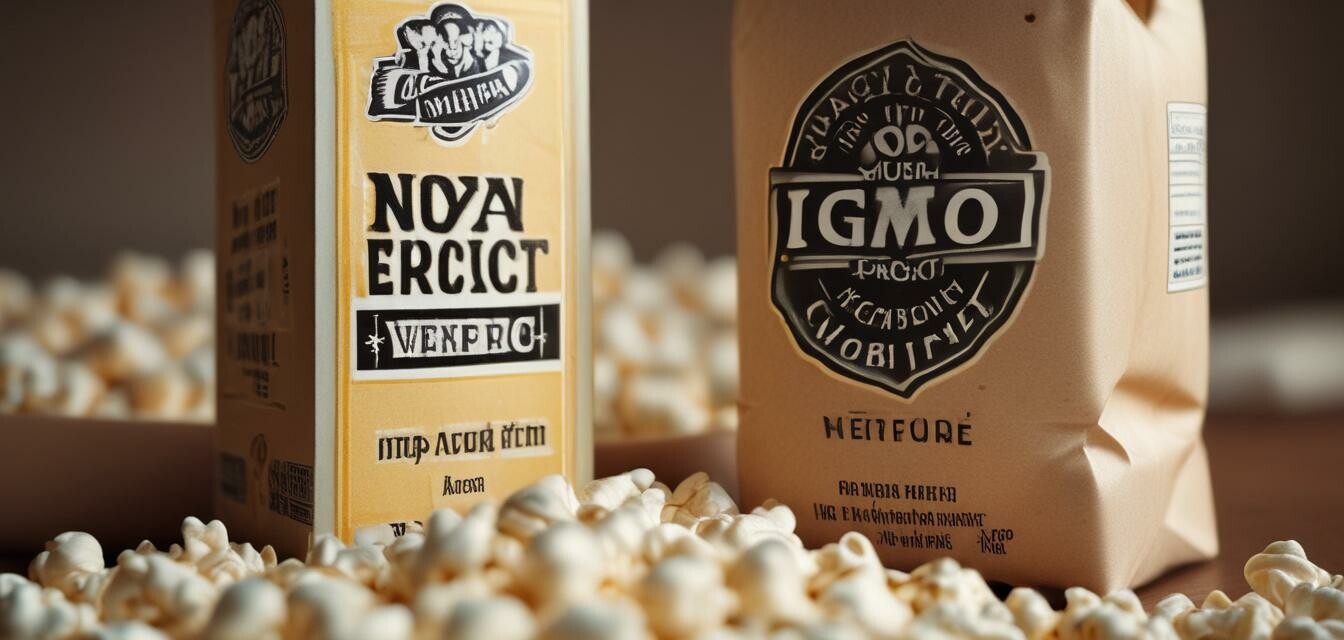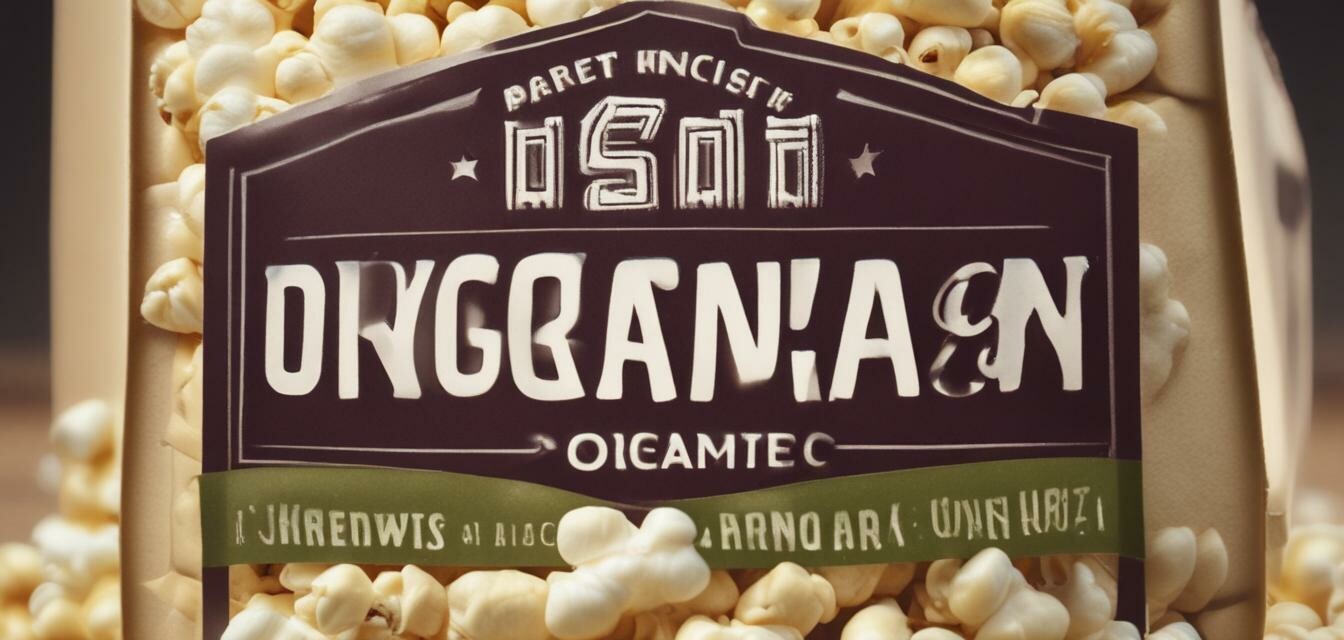
Organic and Non-GMO Popcorn: A Healthier Snacking Option?
Are you tired of consuming genetically modified organisms (GMOs) and pesticides in your snacks? Look no further than organic and non-GMO popcorn! In this article, we'll dive into the world of organic and non-GMO popcorn, exploring the benefits, types, and what to look for when shopping.
Key Takeaways
- Organic and non-GMO popcorn is a healthier alternative to conventional popcorn.
- Look for the USDA Organic or Non-GMO Project Verified labels when shopping.
- Organic and non-GMO popcorn can be more expensive than conventional options.
- There are various types of organic and non-GMO popcorn, including yellow, white, and purple varieties.
What is Organic Popcorn?
Organic popcorn is grown without the use of synthetic pesticides, herbicides, and fertilizers. This means that the soil, air, and water used in the farming process are free from these harmful chemicals. Organic farming practices also promote biodiversity and ecosystem balance.
| Conventional Popcorn | Organic Popcorn |
|---|---|
| Grown using synthetic pesticides and fertilizers | Grown without synthetic pesticides and fertilizers |
| May contain GMOs | Free from GMOs |
| Cheaper | More expensive |
What is Non-GMO Popcorn?
Non-GMO popcorn is grown from seeds that have not been genetically modified. This means that the DNA of the popcorn plant has not been altered in a laboratory to introduce new traits or characteristics. Non-GMO popcorn can be organic or conventional.

Types of Organic and Non-GMO Popcorn
There are several types of organic and non-GMO popcorn available, each with its unique characteristics and flavor profiles.
- Gourmet Popcorn Kernels: These kernels are harvested from specialty corn varieties and are known for their unique flavors and textures.
- Yellow Popcorn: This is the most common type of popcorn and has a mild, buttery flavor.
- White Popcorn: White popcorn is made from a specific type of corn that has a naturally sweeter flavor than yellow popcorn.
- Purple Popcorn: This type of popcorn is made from a specialty corn variety and has a deep purple color and a sweet, nutty flavor.
Benefits of Organic and Non-GMO Popcorn
Choosing organic and non-GMO popcorn has several benefits, including:
- Fewer chemicals: Organic and non-GMO popcorn is grown without synthetic pesticides and fertilizers, making it a healthier choice for you and the environment.
- Better taste: Many people find that organic and non-GMO popcorn has a richer, more complex flavor profile than conventional popcorn.
- Supporting sustainable farming: By choosing organic and non-GMO popcorn, you're supporting farmers who use sustainable and eco-friendly farming practices.

What to Look for When Shopping
When shopping for organic and non-GMO popcorn, look for the following labels:
- USDA Organic: This label ensures that the popcorn is made from at least 95% organic ingredients.
- Non-GMO Project Verified: This label ensures that the popcorn is made from non-GMO ingredients.

Conclusion
Organic and non-GMO popcorn is a healthier and more sustainable snacking option. By choosing organic and non-GMO popcorn, you're supporting farmers who use eco-friendly farming practices and reducing your exposure to harmful chemicals. Whether you prefer gourmet, yellow, white, or purple popcorn, there's an organic and non-GMO option out there for you!
Pros
- Fewer chemicals and pesticides
- Better taste and flavor profile
- Supports sustainable farming practices
Cons
- More expensive than conventional popcorn
- May not be widely available
Ready to start your organic and non-GMO popcorn journey? Check out our Microwave Popcorn Options and Popcorn Accessories to get started!








